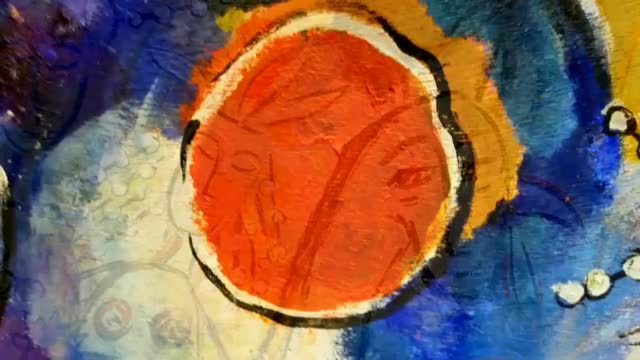A pupil of Holmboe, Per Nørgård later studied in Paris with Nadia Boulanger and is among the most prominent Danish composers since Carl Nielsen. Starting from a style akin to that of Sibelius, he has developed a personal musical language of his own and has exercised a strong influence over younger contemporaries in Scandinavia.
Stage Works
Nørgård’s opera ballet Siddharta, written in 1979, treats a Buddhist theme with remarkable originality. It follows the earlier opera in six days and six nights Gilgamesh, and precedes the 1983 opera The Divine Circus. His opera Nuit des hommes is based on Guillaume Apollinaire.
Orchestral Music
Nørgård’s compositions for larger ensembles include the percussion concerto For a Change (based on the Chinese I Ching), Remembering Child for viola and chamber orchestra, Between for cello and orchestra, a number of symphonies, the dream textures of Luna, and the evocative exploration of new sonorities in Twilight.
Chamber and Instrumental Music
In addition to a number of string quartets Nørgård has written innovative works for solo percussion (A Drummer’s Tale – Episode One, for example), works for guitar solo, and compositions involving the cello, either alone or with other instruments. The harp, which features largely in his music, has sparked a number of works for harp and ensemble.
Vocal and Choral Music
Nørgård has written a number of choral works and songs, the former in collaboration with the vocal ensemble Ars Nova. His The Will-o’-the-Wisps Go to Town is a cantata based on Hans Andersen.
| Title | |
| NORGARD, P.: Piano Sonata (1949): I. - (Petersson) (from Grand Piano GP717) | |

|
NORGARD, P.: Piano Sonata (1949): I. - (Petersson) (from Grand Piano GP717)
Composer:
Norgard, Per
Artist:
Petersson, Carl
Label/Producer: Naxos Video Footage |
